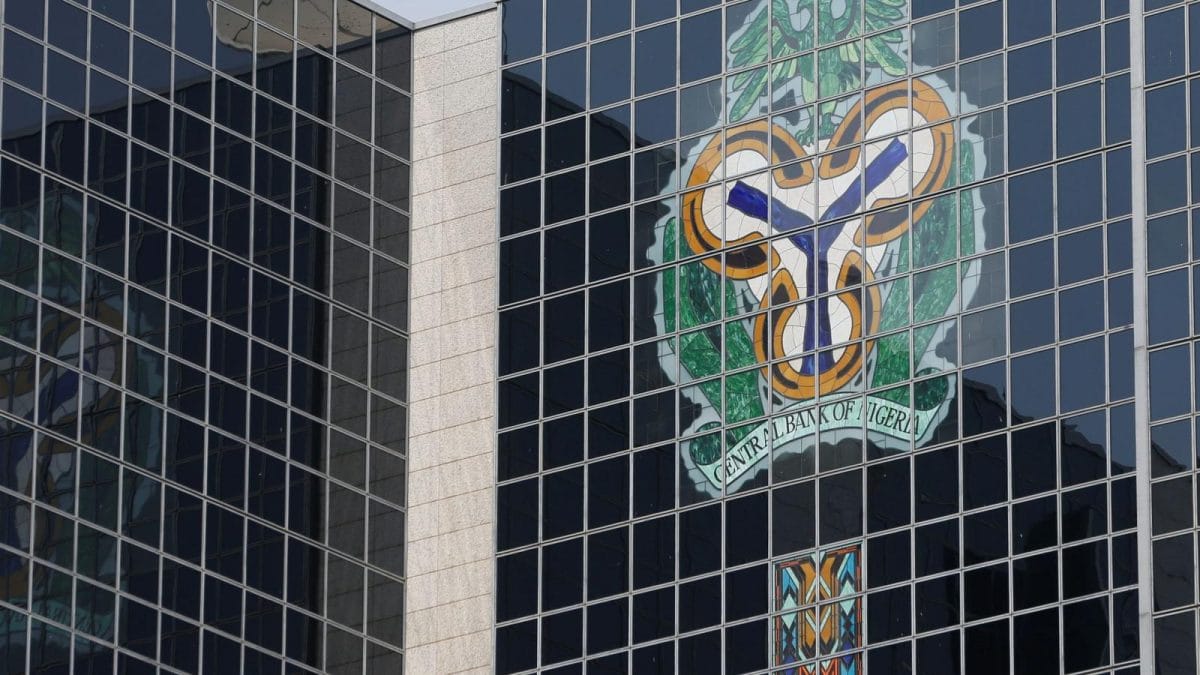
The Central Bank of Nigeria (CBN) has introduced new minimum capital requirements, sparking speculation within the banking sector and raising concerns over the fate of several institutions.
The CBN’s directive, announced recently, unveils a two-year compliance window starting April 1, 2024, and ending on March 31, 2026. This move requires banks to meet stringent new standards, significantly increasing their minimum capital bases.
Reports suggest that as many as 11 Nigerian banks may be at risk of acquisition due to their potential inability to meet the revised capital requirements.
Under the new framework, commercial banks with international authorization must maintain a minimum capital base of N500 billion, up from N50 billion. Similarly, banks with national approval now require N200 billion, compared to the previous N25 billion.
Merchant banks must now have a minimum capital base of N50 billion, while non-interest banks face revised requirements of N20 billion for national authorization and N10 billion for regional approval.
The pressure to meet these heightened capital requirements has led to speculation that several banks may become acquisition targets for stronger players in the industry.
Notable institutions such as First Bank, Access Bank, UBA, Guaranty Trust Bank, and Zenith Bank, each boasting market capitalizations of at least N1 trillion, have emerged as potential acquirers.
This scenario echoes the mass mergers and acquisitions witnessed in 2004 following the last major recapitalization exercise spearheaded by former CBN Governor Prof Charles Soludo. At that time, the increase in minimum capital requirements significantly reduced the number of banks operating in Nigeria.









Leave a Reply